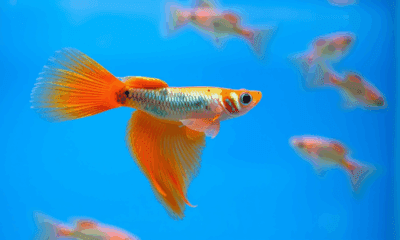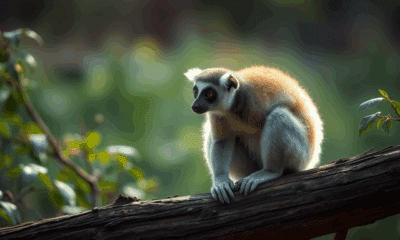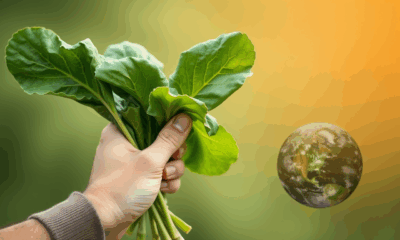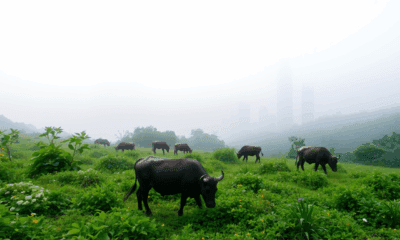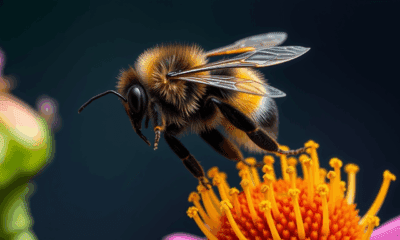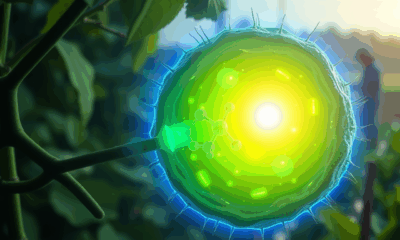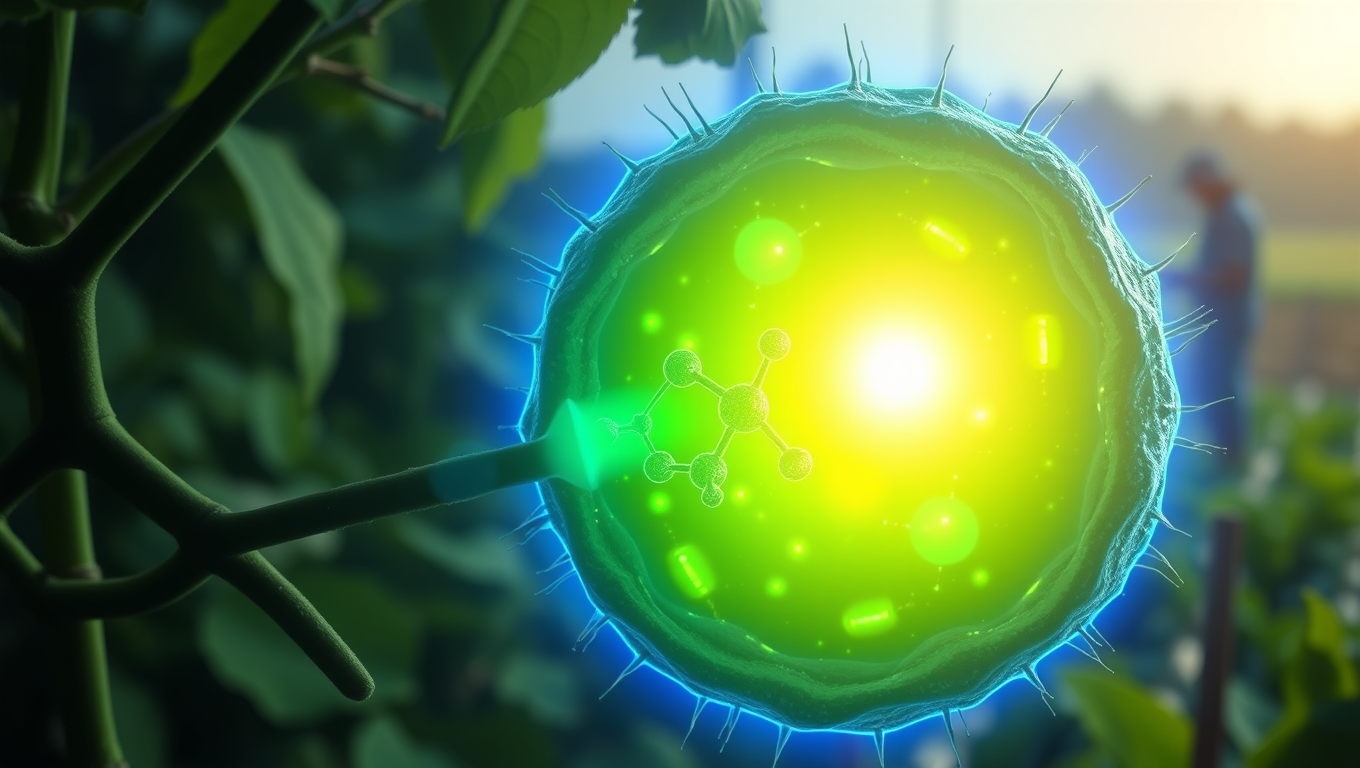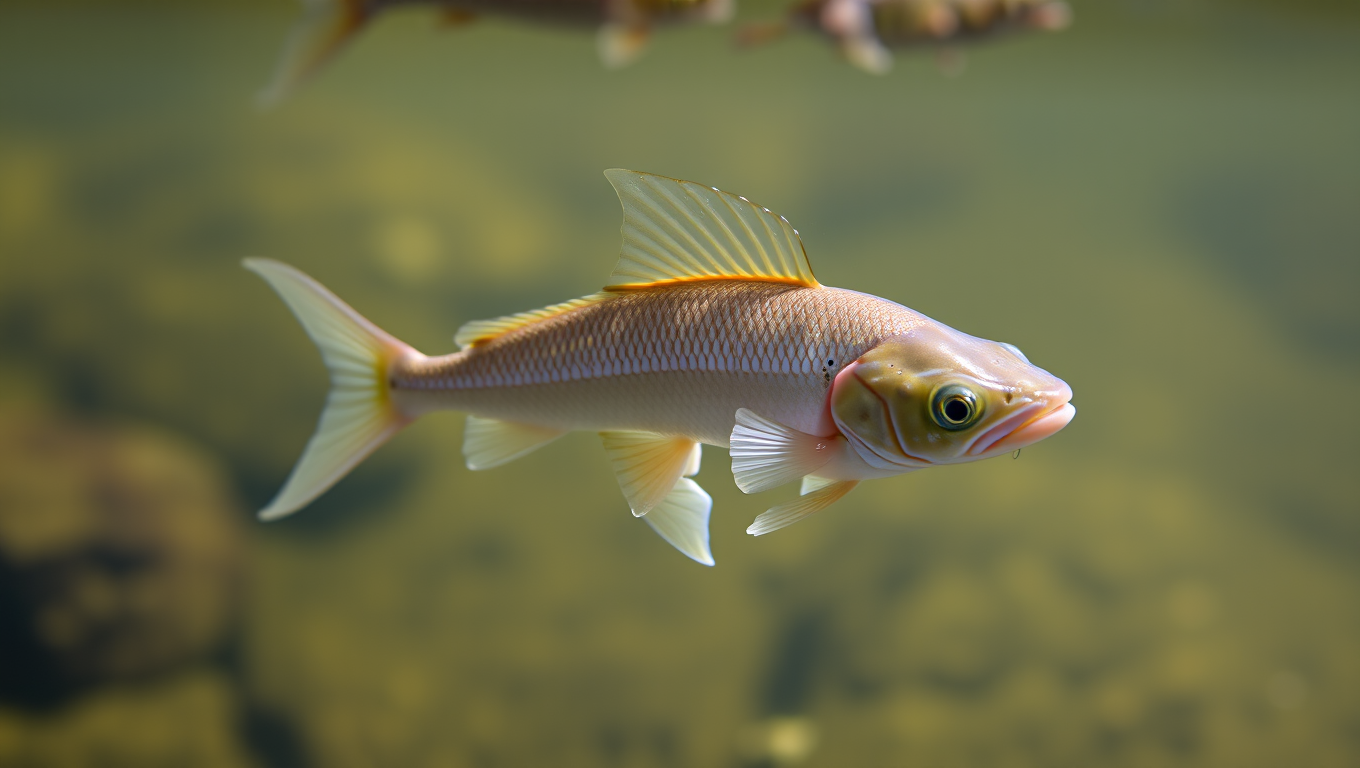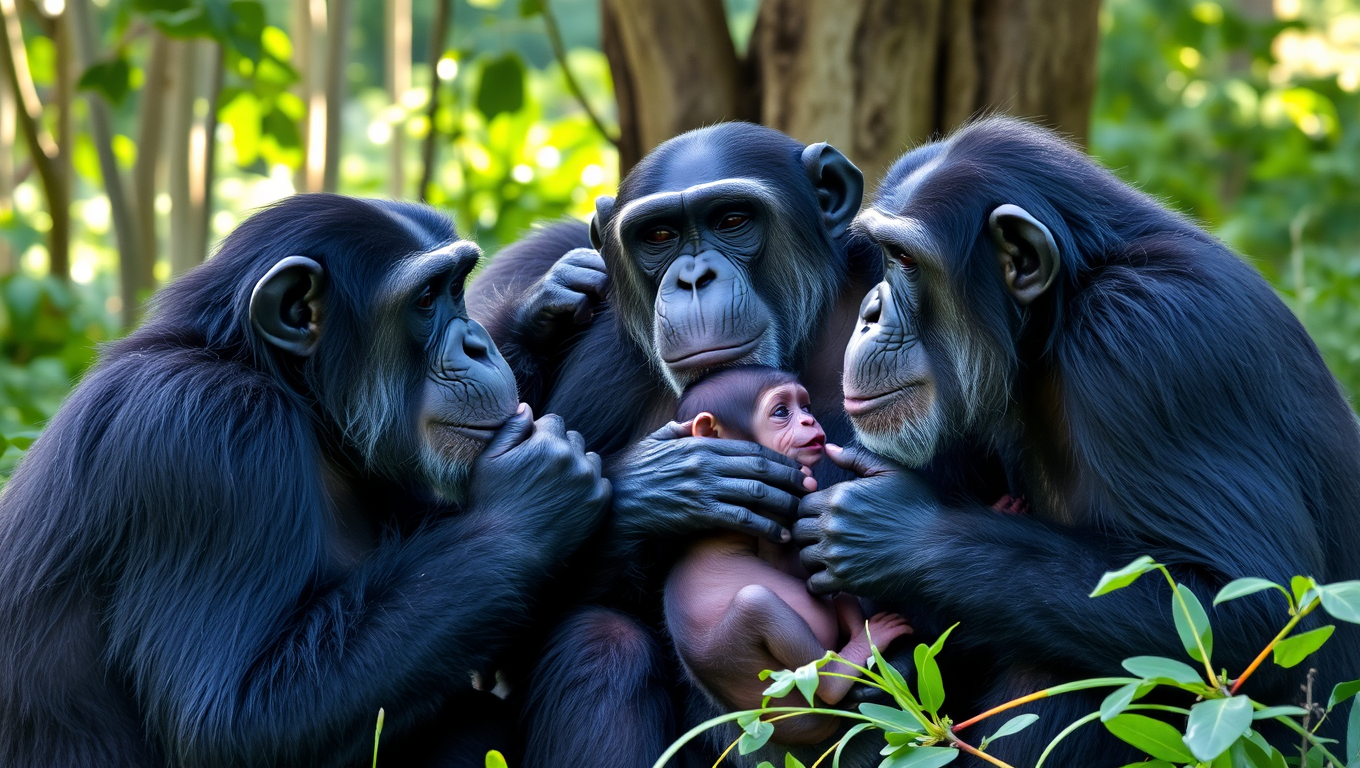While we try to keep things accurate, this content is part of an ongoing experiment and may not always be reliable.
Please double-check important details — we’re not responsible for how the information is used.
Agriculture and Food
Refining Best Practices: A Comparative Study on Atlantic Sea Scallop Farming Methods
A new study compares two scallop farming methods, ear-hanging and lantern net culture, over a complete grow-out cycle to determine which approach yields the best results for commercial growers. The study found that scallops grown with ear-hanging culture had slightly larger shell heights, about 1-4% greater than those in lantern nets. More significantly, ear-hanging scallops had up to 12% more adductor muscle weight. Researchers also found that ear-hanging scallops grew more quickly in optimal conditions, which are between 50 and 59 degrees Fahrenheit, but were more affected by colder winter temperatures than those in lantern nets.
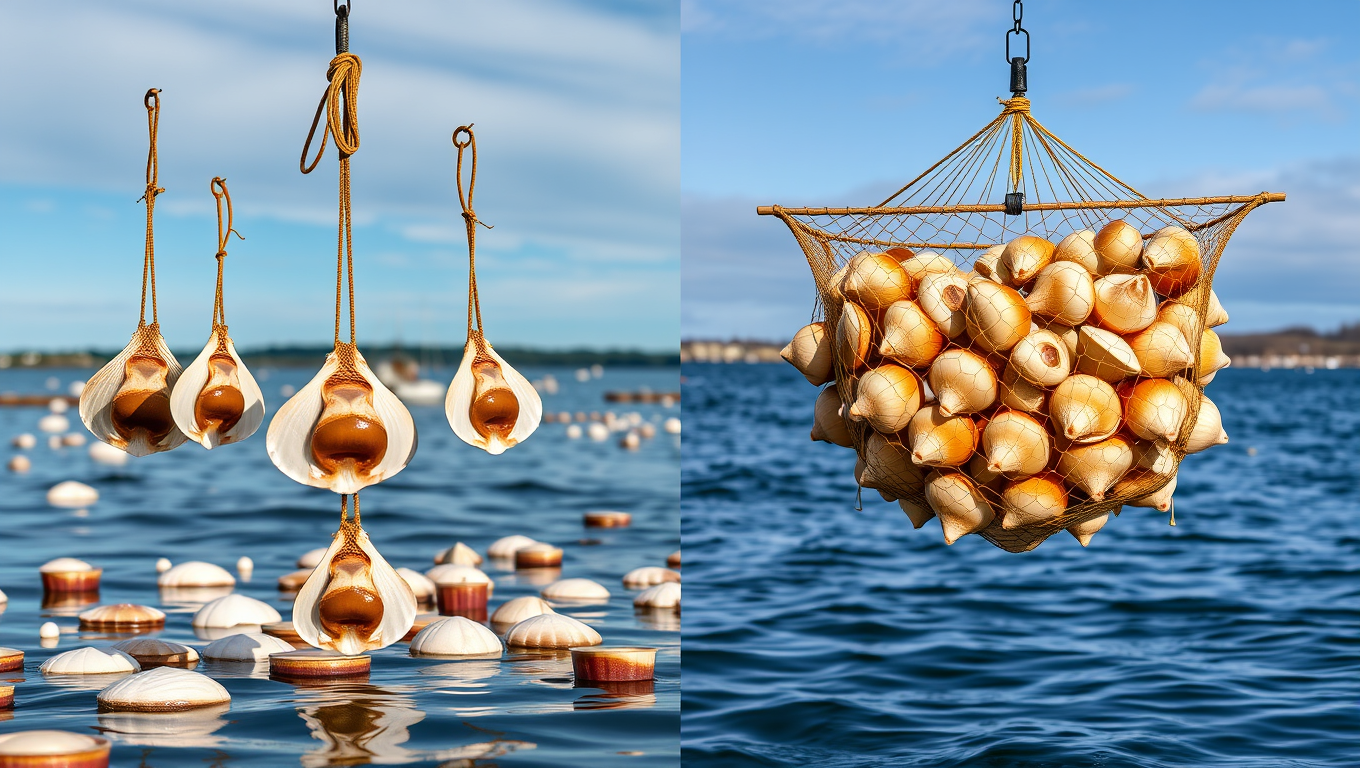
Agriculture and Food
“Unlocking Photosynthesis: MIT Scientists Boost Enzyme Efficiency with Directed Evolution Technique”
Scientists at MIT have turbocharged one of nature’s most sluggish but essential enzymes—rubisco—by applying a cutting-edge evolution technique in living cells. Normally prone to wasteful reactions with oxygen, this revamped bacterial rubisco evolved to work more efficiently in oxygen-rich environments. This leap in enzyme performance could pave the way for improving photosynthesis in plants and, ultimately, increase crop yields.
Agriculture and Food
Hovering Fish Burn Twice the Energy – Study Shocks Scientists
Hovering fish aren’t loafing—they burn twice resting energy to make micro-fin tweaks that counteract a natural tendency to tip, and body shape dictates just how costly the pause is. The discovery flips a long-held assumption about effortless neutral buoyancy and offers fresh blueprints for agile, instability-embracing underwater robots.
Agriculture and Food
“Stronger Social Ties, Stronger Babies: How Female Friendships Help Chimpanzee Infants Survive”
Female chimpanzees that forge strong, grooming-rich friendships with other females dramatically boost their infants’ odds of making it past the perilous first year—no kin required. Three decades of Gombe observations show that well-integrated mothers enjoy a survival rate of up to 95% for their young, regardless of male allies or sisters. The payoff may come from shared defense, reduced stress, or better access to food, hinting that such alliances laid early groundwork for humanity’s extraordinary cooperative spirit.
-

 Detectors3 months ago
Detectors3 months agoA New Horizon for Vision: How Gold Nanoparticles May Restore People’s Sight
-

 Earth & Climate4 months ago
Earth & Climate4 months agoRetiring Abroad Can Be Lonely Business
-

 Cancer4 months ago
Cancer4 months agoRevolutionizing Quantum Communication: Direct Connections Between Multiple Processors
-

 Agriculture and Food4 months ago
Agriculture and Food4 months ago“A Sustainable Solution: Researchers Create Hybrid Cheese with 25% Pea Protein”
-

 Diseases and Conditions4 months ago
Diseases and Conditions4 months agoReducing Falls Among Elderly Women with Polypharmacy through Exercise Intervention
-

 Chemistry3 months ago
Chemistry3 months ago“Unveiling Hidden Patterns: A New Twist on Interference Phenomena”
-

 Albert Einstein4 months ago
Albert Einstein4 months agoHarnessing Water Waves: A Breakthrough in Controlling Floating Objects
-

 Earth & Climate4 months ago
Earth & Climate4 months agoHousehold Electricity Three Times More Expensive Than Upcoming ‘Eco-Friendly’ Aviation E-Fuels, Study Reveals

